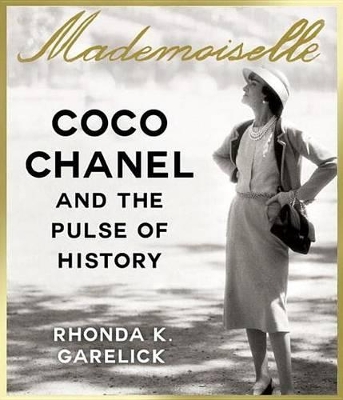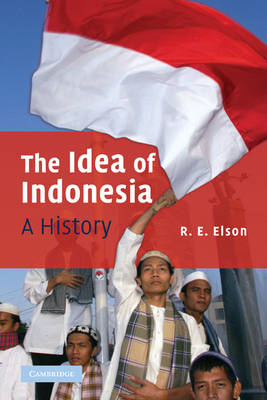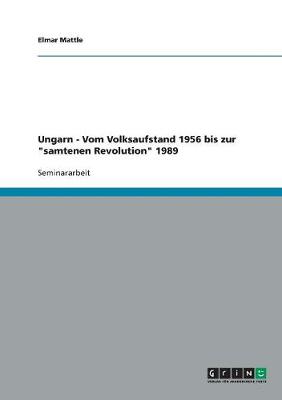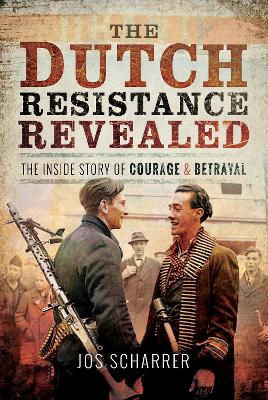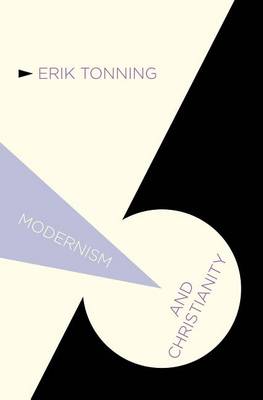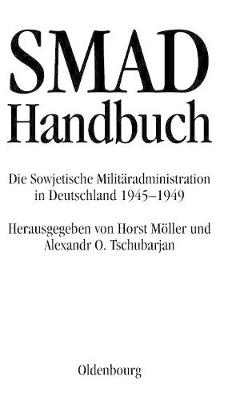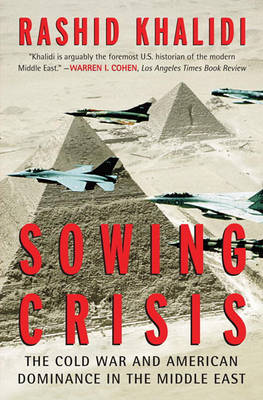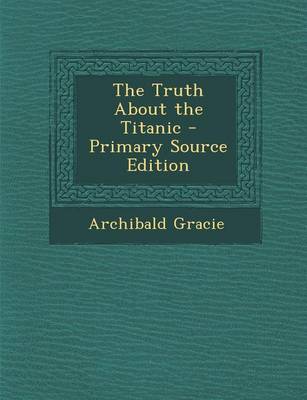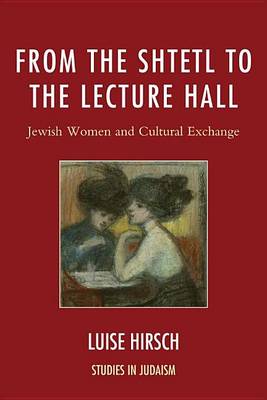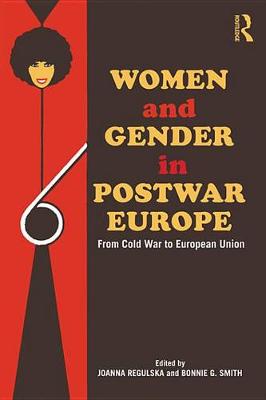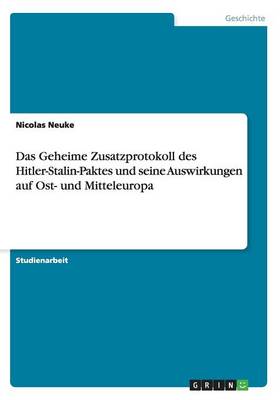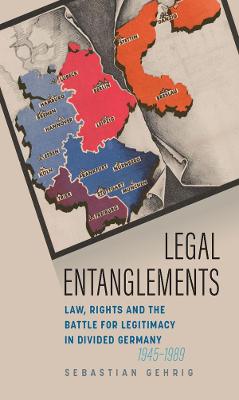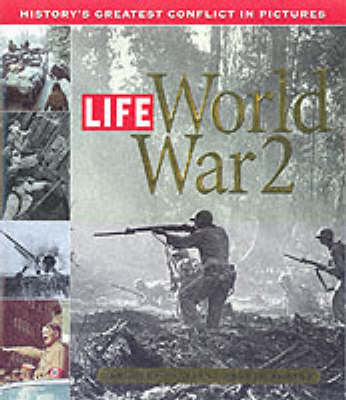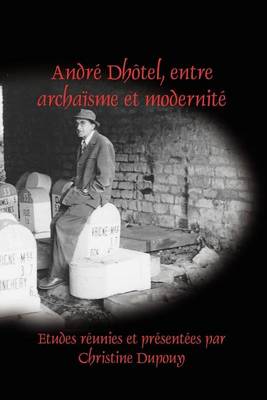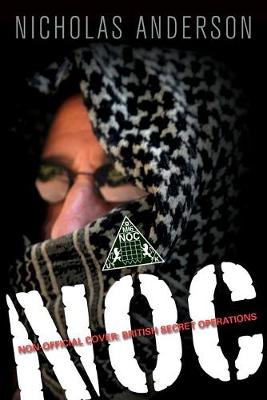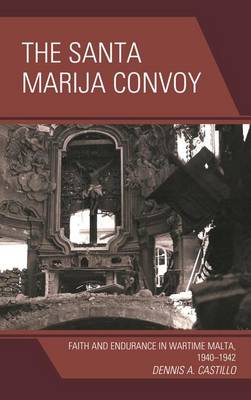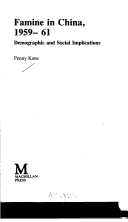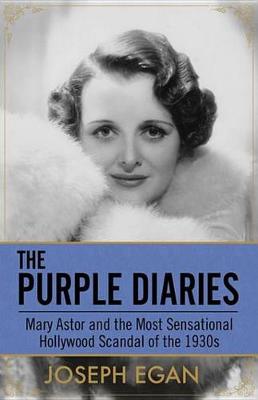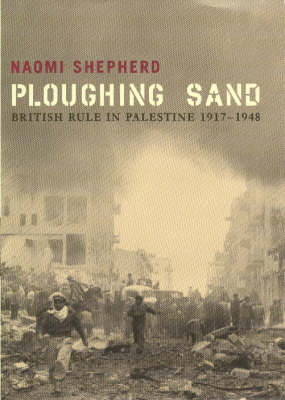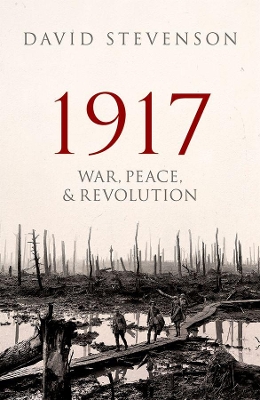Indonesia the nation-state is a miraculous and unlikely construction. At first sight, the material for national unity could not be more unpromising; its history is marred by deep and often bloody internal disputation based on ideology, ethnicity, religion, and region. Yet Indonesia, as concept and as nation-state, endures and is, perhaps, beginning once again to thrive. R. E. Elson, one of the leading figures in the field, seeks to discover the origins of the idea of Indonesia in the mid-ninetee...
Ungarn - Vom Volksaufstand 1956 bis zur samtenen Revolution 1989
by Elmar Mattle
The Dutch resistance movement during the Nazi occupation was bedevilled by treachery, betrayal and poor organization and support from London. Despite these serious problems, the brave men and women of the Dutch resistance who refused to accept domination by their brutal oppressors, made a significant contribution to the war effort albeit at a terrible cost. Their contribution which included escape routes for Allied aircrew and acts of sabotage has been largely over-looked. While the author focu...
Highlights the notable events and personalities of the 1970s.
Acclaimed historian and political commentator Rashid Khalidi presents the compelling case that U.S. and Soviet intervention in the Middle East not only exacerbated civil wars and provoked the breakdown of fragile democracies, but continues to this day to shape global conflict in the region. Examining the strategic interplay of cold war superpowers, Khalidi explains how the momentous events that have occurred over the last two decades—including two Gulf wars, the occupation of Iraq, and the rise...
From the Shtetl to the Lecture Hall (Studies in Judaism)
by Luise Hirsch
Until the 19th century, women were regularly excluded from graduate education. When this convention changed, it was largely thanks to Jewish women from Russia. Raised to be strong and independent, the daughters of Jewish businesswomen were able to utilize this cultural capital to fight their way into the universities of Switzerland and Germany. They became trailblazers, ensuring regular admission for women who followed their example. This book tells the story of Russian and German Jews who becam...
Women and Gender in Postwar Europe
Women and Gender in Postwar Europe charts the experiences of women across Europe from 1945 to the present day. Europe at the end of World War II was a sorry testimony to the human condition; awash in corpses, the infrastructure devastated, food and fuel in such short supply. From Soviet Union to the United Kingdom and Ireland the vast majority of citizens on whom survival depended, in the postwar years, were women. This book charts the involvement of women in postwar reconstruction through the C...
Das Geheime Zusatzprotokoll des Hitler-Stalin-Paktes und seine Auswirkungen auf Ost- und Mitteleuropa
by Nicolas Neuke
During the division of Germany, law became the object of ideological conflicts and the means by which the two national governments conducted their battle over political legitimacy. Legal Entanglements explores how these dynamics produced competing concepts of statehood and sovereignty, all centered on citizens and their rights. Drawing on wide-ranging archival sources, including recently declassified documents, Sebastian Gehrig traces how politicians, diplomats, judges, lawyers, activists and...
War and Revolution in Yugoslavia, 1941-1945: Occupation and Collaboration
In a thorough look at the most important global event of the 20th century, Richard B. Stolley takes readers on a journey from the escalating tensions of pre-World War II Europe to the shock of the Pearl Harbour attack, to the creation of the atomic bomb. With access to the extensive "LIFE" photographic archives as well as recently released government photos from countries such as Germany and Russia, this volume offers a fast-paced history in pictures. The images flow chronologically, beginning w...
Depuis la disparition de l'ecrivain en 1991, l'oeuvre prolifique d'Andre Dhotel n'a cesse de grandir et de faire la preuve de son actualite paradoxale. Largement reeditee, elle a trouve de nouveaux lecteurs et attire l'attention d'une critique quelque peu revenue des eclats de l'avant-garde et plus curieuse, desormais, de la fonction d'emerveillement de toute grande litterature. Il y a bien du mystere en effet dans la simplicite sinueuse et deconcertante des romans d'Andre Dhotel, et sa " rhetor...
"We were institutional killers in disruptive actions on the black, that is to say we made illegal entries across borders to perform dirty work then returned home mostly without the knowledge or connection to the local British embassy's staff assigned to other covert affairs. The main job description was called deep cover within SIS-NOC or non-official cover. I served in various SIS divisions in charge of different continents, often living like a mole." Nicholas Anderson is the pseudonym of a Br...
This book tells how Israel became a secret nuclear power, recounting Israel's clandestine nuclear mission: from the building of the Dimona reactor site in the remote Negev desert during the late 1950s, to the establishment by the late 1970s of a nuclear capability that targeted and threatened the USSR. The author tells of Israel's many secret agreements with America over the years, including the KH-11 satellite agreement which aided the bombing of Iraq's Osirak reactor in 1981, and the recruitme...
Malta is one of the smallest nations in the world, yet has one of the longest histories of any country. During World War II, Malta played a key role in the Mediterranean campaign, its submarines, light surface forces, and aircrafts destroying supplies desperately needed by Rommel's forces in North Africa. The price the Maltese paid for this effort was the most sustained and intensive bombing campaign in the war, enduring over 130 tons of bombs per square mile. This, compounded by the Axis blocka...
The agricultural crisis in China of 1959-61 has long been known to have resulted in severe food shortages but the lack of available statistics have made it impossible to make any assessment until now. This book draws on recently published Chinese data and from Chinese and foreign resources to piece together for the first time the events of the period. It examines the complex cause of the famine, which range from political policies to the behaviour of the peasants. It also throws light on the dem...
One of Hollywood's first scandals was nearly its last. 1936 looked like it would be a great year for the movie industry. With the economy picking up after the Great Depression, Americans everywhere were sitting in the dark watching the stars-and few stars shined as brightly as one of America's most enduring screen favorites, Mary Astor. But Astor's story wasn't a happy one. She was born poor, and at the first sign that she could earn money, her parents grabbed the reins and the checks. Wid...
After World War I, the British in Palestine were handed an ambiguous brief: to encourage the formation of a national home for the Jews and to protect the civil and religious rights of the local Arabs. This text documents the British administration in Palestine from 1917, tracing policies of conciliation and persuasion, through to the use of force and the eventual collapse of British rule in 1948.
1917 was a year of calamitous events, and one of pivotal importance in the development of the First World War. In 1917: War, Peace, and Revolution, leading historian of World War One, David Stevenson, examines this crucial year in context and illuminates the century that followed. He shows how in this one year the war was transformed, but also what drove the conflict onwards and how it continued to escalate. Two developments in particular—the Russian Revolution and American intervention—had wor...
